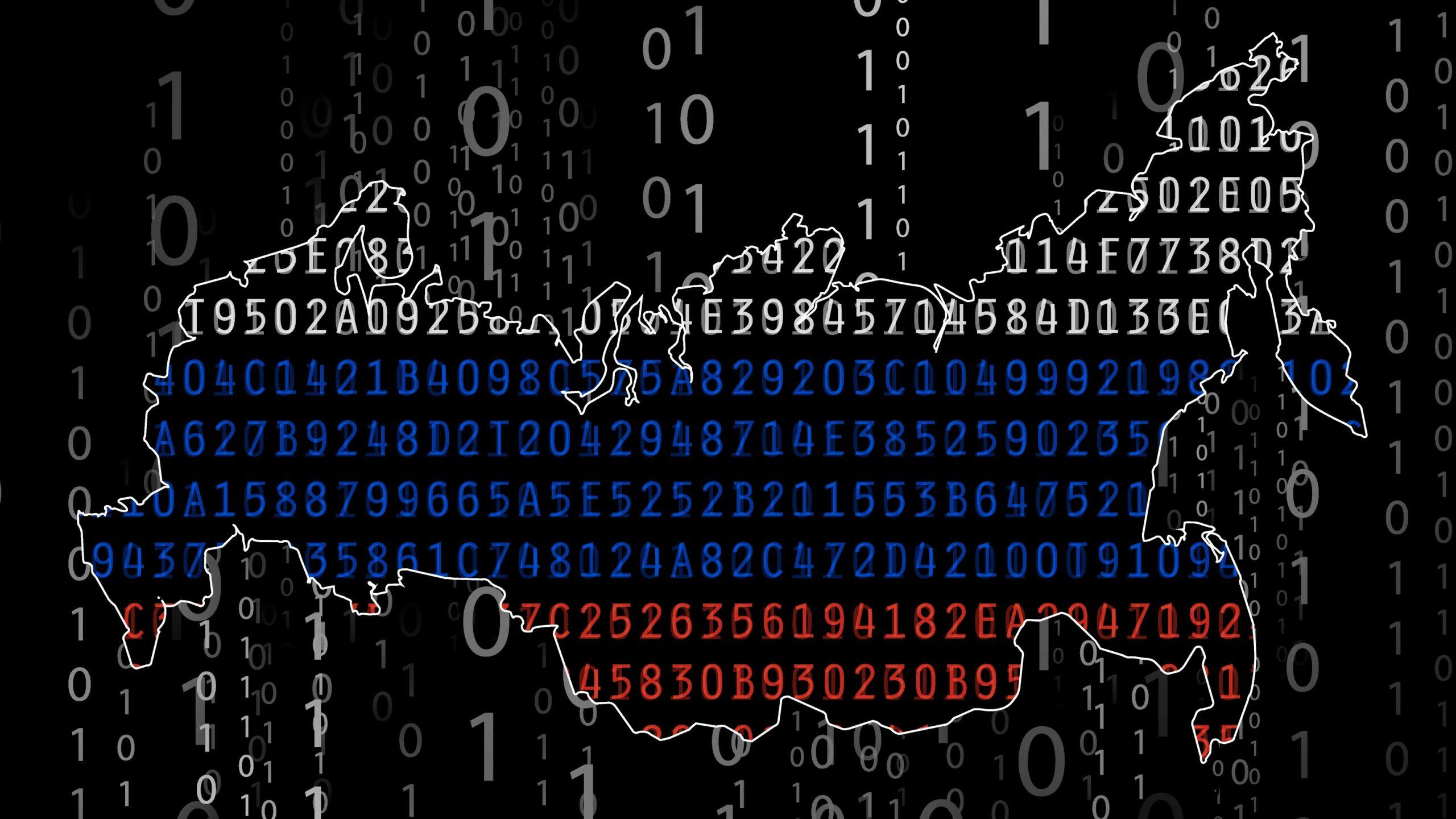- In a joint letter, more than 30 experts condemn the blocking by Russia of encrypted applications and VPNs
- The signatories also dispute the forced pre-installation of the Max application supported by the government on Russian devices
- WhatsApp, the most popular messaging application today in Russia, should become the last victim of Moscow censorship
A group of more than 30 experts condemns Russia’s escalation against VPNs and encrypted applications.
The signatories of the open letter published on September 16, 2025 also dispute the forced pre-installation of non-encrypted alternatives on Russian devices. These include civil companies, such as Access Now, article 19, the Center for Democracy & Technology and the Tor project, alongside technology suppliers behind some of the best vpn and encrypted messaging services (North Security, Proton and Tuta Mail).
“The blocking of encrypted services in Russia, combined with the compulsory deployment of applications not encrypted by the State, should be understood as part of a broader campaign against human rights, rather than isolated regulatory acts,” said the open letter.
The commitment comes as WhatsApp, the only encrypted messaging application still working in Russia, the risks becoming the last victim of Moscow censorship. From September 1, the Max application supported by the government must be preinstalled on all new smartphones and tablets sold in Russia.
In July, the Kremlin also adopted a new law against the search for “extremist” content, which makes the use of a VPN to access this content a crime as an aggravating factor. It should be noted that the authorities define Meta, the supplier behind WhatsApp, as an extremist organization.
This is why, according to experts, the international community must answer with clarity and resolve this question. “Free, private and secure communication is not a privilege, but a fundamental right that must be protected everywhere,” they added.
Attack on Russia against encrypted cats
Roskomnadzor, the famous Russian censorship bodies, is responsible for blocking countless websites and applications over the years – including encrypted messaging applications that should help citizens keep their private and safe conversations.
Access to Proton Mail and Tuta Mail, for example, has been restricted since 2020. The Russian authorities have also prohibited the signal in 2024 and are now considering a prohibition of WhatsApp.
According to experts, these actions “violate internationally recognized” human rights “, including people’s rights to freedom of expression, access to information and privacy.
“Encryption is a fundamental right,” said Matthias Pfau, CEO of Tuta Mail. “By blocking access to secure communication, Russia wants to control its entire population, including journalists, activists and anyone with opposite ideas for the ruling class.”
At the same time, the Kremlin works to extend the scope of its national digital sovereignty system by forcing citizens to use applications developed by the State.
Experts have already expressed serious concerns after analyzing the latest VK software, Max. A messaging application with “enormous surveillance potential”, they warn.
The Kremlin fight against the VPN, the proxy servers and the Tor navigator are certainly not new. While more and more people in Russia have turned to bypass tools to bypass increasingly difficult internet censorship, the authorities have done their best to prevent it.
Although their use is not completely prohibited, the VPN blocking techniques always sophisticated mean that many services can be blocked or strangled. This is why it is essential for anyone in Russia to choose a VPN with strong functionalities resistant to censorship like Proton VPN, NordVPN or Amnezia VPN.
In March 2024, the government introduced a law to criminalize the dissemination of information on the means of bypassing the restrictions on the Internet.
This is probably the basis that led Roskomnadzor to issue requests for removing VPNs against major technology giants. Apple was the most complainant, killing at least 60 VPN applications, including the popular Russian service Amnezia VPN, from July 2024.
The law of July 2025 introduces additional sanctions for violation of the rules on the use of VPNs, although it still did not directly prohibit the use of VPNs. However, this adds to the current repression against VPN users.
As experts note, “restrict both encrypted communication platforms and VPNs leave people in Russia with many secure communication options”.




